Dr. Salvatore Rotella, former Chancellor of the City Colleges of Chicago recently passed in New York on August 11. Sal was born in Barcellona Pozzi di Gotto, a town in Sicily on July 24, 1934.
Dr. Salvatore Rotella came to America arriving in New York barely speaking English at 17 years old. He studied International Relations at Hunter College in New York and eventually studied at the University of Chicago, where he earned his Masters and Doctorate. He also earned an Italian Doctorate as a Fulbright scholar. I met Dr. Salvatore Rotella while attending Loop College (now Harold Washington College). He was the responsible for the name change of the college. Little did I know as a Loop College student, I was meeting a lifelong friend.
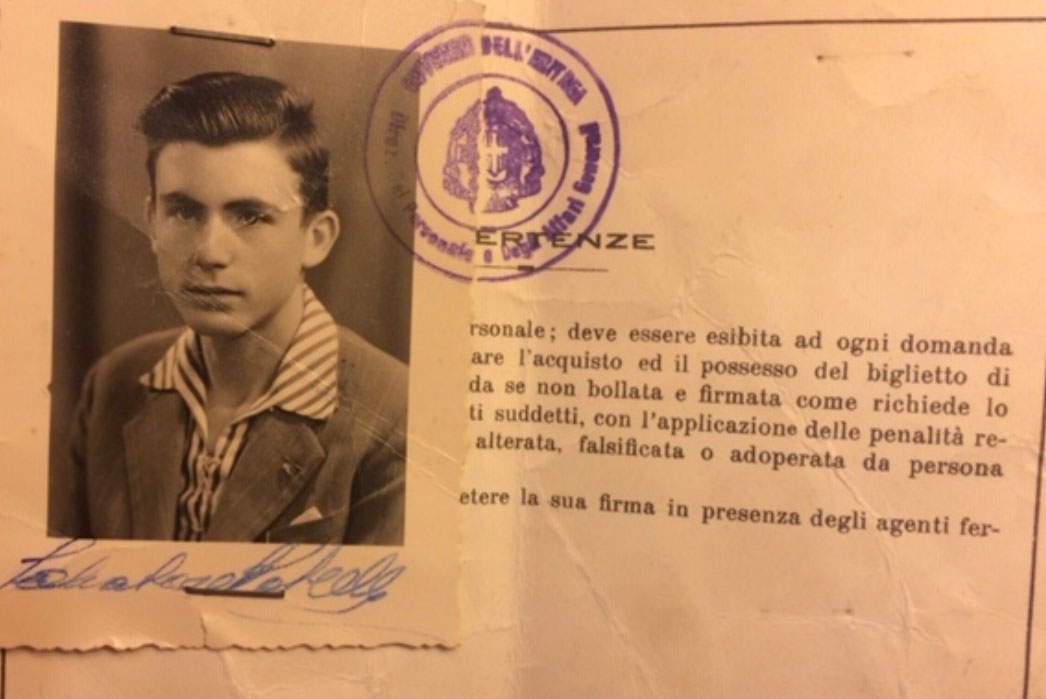
Sal was a professor of Social Science and Political Science at City Colleges. It was in his classes that I learned about Aristotle, Plato, America’s Founding Fathers, the principals of government, international affairs and the like. His teachings were broad in scope and politics was his favorite subject. He was a master teacher, conveying ideologies and philosophies of world thinkers. He was a brilliant educator. I went from student to mentee. When I graduated with a double master’s degree I was eager to start my internship. My student teaching was done with Sal.
Sal was a brilliant educator and served as the second Chancellor at City Colleges from 1983 to 1988. City Colleges was the city’s adult educator, with eight colleges and the second largest community college system in the country. He described the City Colleges as the institution of “higher education for the masses.”
Sal was a mentee of Oscar Shabbat, the founder of City College. He was groomed for the position, and he rose from professor to chancellor. There use to be a time, when an educator had to be an educator in order to be at the helm of an educational institution. Dr. Wayne Watson, an administrator at City Colleges who eventually became the Chancellor, was also a Rotella mentee. He remembers Sal as “an intellectual, creative visionary that came up through the ranks from faculty member to Chancellor, the last of a dying generation of educators.”
Sal was a world-class educator and he examined other educational systems throughout the world, particularly his beloved Italy and New York. He was very observant of educational trends. He created, planned and executed programs. He was a strong believer in taking the college to the students, thus his City Wide College, the “college without walls.” He was the educational mind at Police and Fire Academies, and the Public Institute. He thought policemen and fireman should have a basic college education, and believed they could be trained in their comfort zone to maximize performance on their jobs. We taught classes at City Hall in conference rooms on administration.
Watson, recalls, “Chicago citizens benefitted throughout city government because of the creative programs that came through Chancellor Rotella’s creative and inclusive vision. City Colleges of Chicago was amongst the largest provider of distance learning to the US military. City Colleges was in Germany, Spain, North Africa throughout Europe providing quality instruction to our front line defenders, our soldiers.”
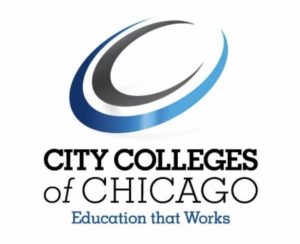
Dr. Salvatore Rotella was ahead of his time. His approach was non-traditional. I taught in the College Accelerated Program (CAP), and we took college to high school students around the city to the top students. Students got their first year of college completed while seniors and sometimes juniors in high school. Courses were held in the Public, Catholic and Private schools. As an intern at City Colleges I began my academic professorship with this program.
Sal’s innovation brought about Channel 20, the city’s second public broadcast channel that was owned by City Colleges that was sold by a later administration. At one time, Chicago was the only city with two educational stations. There were classes on TV College, way ahead of today’s Zoom communication technology. He actually put professors on TV, teaching college courses for credit. I produced a talk show, The Chancellor Speaks, where Rotella interviewed professors, students and a host of public servants providing an educational viewpoint.
He studied trends and prepared for them and as a result City Colleges created a host of programs. He envisioned Chicago as a convention and hospitality center. The industry would be vital to the city. He saw the jobs and the training that was needed. There was even a class for taxi drivers to learn the geography of the city. Sal knew how to prepare a workforce. One of the most important things I learned from Sal was that the programs created today, are for jobs tomorrow. He had great foresight. He sought solutions after understanding a problem.
Sal created two sister city programs in Milan and Ghana. The Milan program was an exchange of design. Milan designers learned the principals of designs to include auto, fashion, graphics and the like. In America design has a single focus and he wanted to introduce the “Italian” way to Americans. At one time City Colleges provided instruction to the US troops overseas.
Army enrollees were taught core college courses. City Colleges held the Army contract for many years.
When Rotella became Chancellor of City Colleges, he asked me to join his executive team as a special assistant. Eventually I became the Vice Chancellor responsible for Communications, Marketing and Recruitment. We created a campaign, “The Love of Learning” which was a recruitment program that went everywhere. I started advertising in local community papers. I was selling education like Coca-Cola. And it worked. Student enrollment increased by 25 percent. We were criticized at the beginning but with the increase of enrollment, were later applauded for our good work. We received over 300 national awards for the media that I labeled “educational media.”
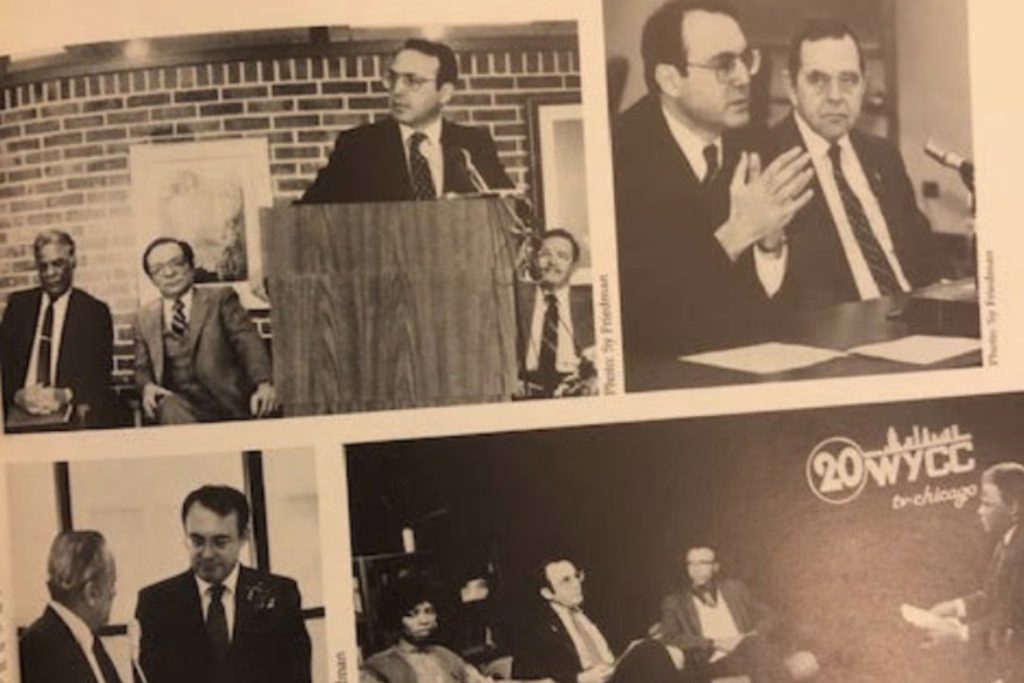
I learned leadership from Sal along with project management and diplomacy. One of my first assignments was to get tenure for an adjunct professor, Attorney Andrew Barrett. Barrett was up for tenure and as a Black man was meeting a stone cold case of white racism. Sal had heard that his tenure would be denied and it was along racial lines. Barrett was a brilliant attorney and a dynamo. Sal had recruited him to teach recognizing his talent, suggest that our students needed Barrett’s teachings. Sal called me into his office one day to say you have to get Andy tenure. The issue was I didn’t really know Barrett. In a briefing I learned Mr. Barrett. He had been the executive director at the NAACP, an attorney, interested in government and was an excellent teacher. He was a winner. Those trying to deny him were more jealous than racist. Sal told me to argue his case and don’t leave until it’s done. I had the opportunity to argue before white racist men, why Andy qualified for tenure. Mission accomplished, I got the votes. Andy went on to become a Commissioner at The Federal Communication, appointed by President George Bush. Andy and I became fast friends. Sal’s lesson was “argue the case, not his race.” In later years Andy and I would have dinner with Sal and Pilar as they visited Chicago as we all caught up with life after City Colleges.
Rotella was an educator with the utmost of integrity – from the philosophy of education to programming to teaching. He loved teaching teachers. He was one of City College’s best chancellors and grew the college, like no other.
Board chairman, the late Attorney Reynaldo Glover, treated him unfairly as they played racial politics. Dr. Nelvia Brady was a board member and in a conspiracy to get her the chancellor’s seat, the game of racial politics was underway. Glover wanted a Black chancellor and bought Rotella’s contract to replace him with Dr. Nelvia Brady, who was the worse chancellor ever of City Colleges. Brady didn’t have a clue. Because of strong Vice Chancellors disaster was avoided. She fell on her sword as she played a deadly game of politics. The news media had never understood City College’s numbers. Newspaper stories read that students were not graduating, however, the enrollment was 205,000 under Rotella. Programs like Adult Education and Literacy did not necessarily lead to graduation. Many of the programs were for enrichment. The press missed it. He was treated unfairly and with much prejudice.
He departed Chicago for New York and became the Vice President of Nassau Community College and taught at SUNY Stony Brook University. He eventually became President of Riverside College in California. With his tutelage, it became one of the fastest-growing systems in the nation. He traveled to his beloved Italy always with education in mind. He adored Florence. His native country honored him with the Order of Merit Award in 1985.
He was progressive. Soon I became a master teacher and learned how to establish programs. One of our projects was to establish alternative schools for students. This was their last chance. We took challenged high school kids with every problem imaginable and assisted them in graduating. And helped them to get their footing in college. Sal always said, “they need another chance, let’s change the environment.” Many of those students were gang kids and by putting them on a college campus, some of their problems went away. Sal was always up for a good challenge.
The late Judge Pincham and Reverend Harold Bailey came to us with a unique program. Pincham wanted to stop sending youth to jail and instead send them to school. Many of the new jailbirds needed an educational chance. We established a program with the two men that held classes in Pincham’s courtroom and eventually extended to Olive Harvey, in Project Challenge, headed by Bailey. It was unique and some lives were saved and tracked positively with education and positive role model guidance.
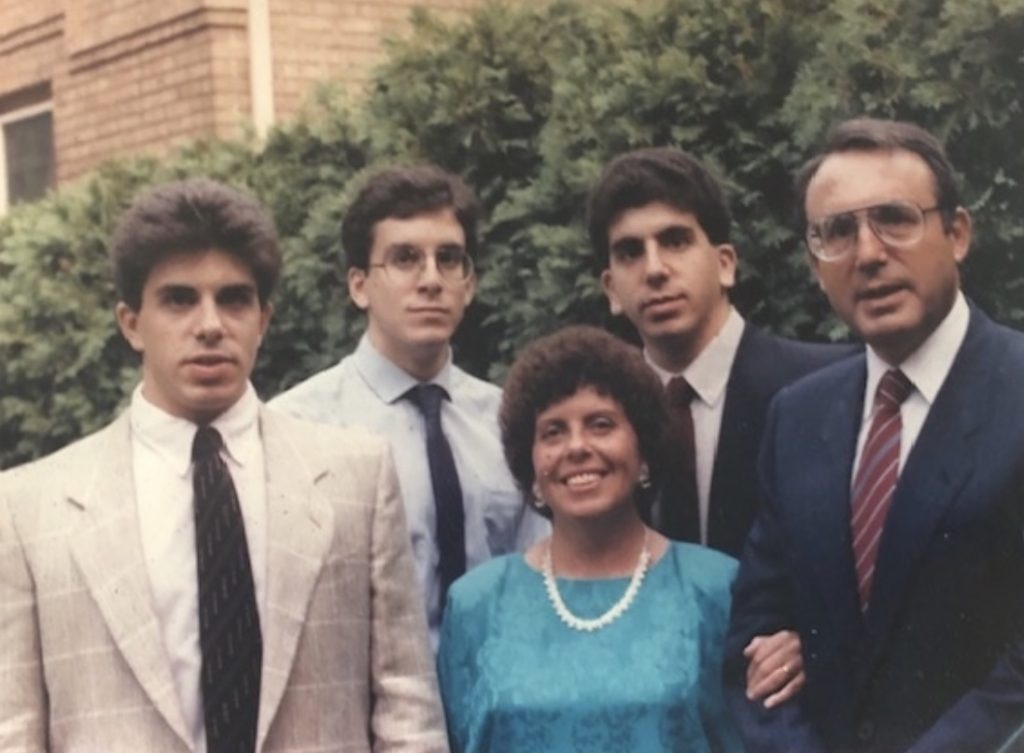
Sal was enthused about every aspect of life. His Italian family lived in the community of South Shore, when white families were taking flight. He persistently promoted, always mentored and he always taught. He explored. He advanced. He touched many educators and educated millions of students. He was married to his love and life long partner, Pilar and was so proud of his three sons, Sebastian, Carlos and Salvatore Jr.
When I started N’DIGO, he told me to go for it. He said never ever stop teaching. He would call me from time to time to discuss an article. When the City Colleges of Chicago sold it’s public TV station WYCC to WTTW, he was upset. He asked did they realize what we went through to get the station. I told him not only do they not know, they don’t care. He recently took one of the N’DIGO articles and translated it for the Italian press. I was delighted as he was still teaching and I had a writing in Italian.
In one of our last conversations, Sal had nothing but praise for Mayor Lori Lightfoot. He wanted to meet her and I arranged a telephone conversation. He was enthusiastic and wanted to chat more about new methods of education. I encouraged him to think about infusing new purpose and energy/education into Chicago’s Police Academy. He also thought that with all of today’s new innovations, you could teach college courses to students as early as 13-years-old.
As I reflect on what I learned from Salvatore Rotella, I certainly realized that he impacted my life. He molded me as an educator and administrator teaching along the way with real life and work examples leadership and project management. He believed in me, often giving me work assignments that I thought were beyond my scope. He was patient and always explained the task at hand. What he was really doing was extending my management skills and he was challenging. I never failed.
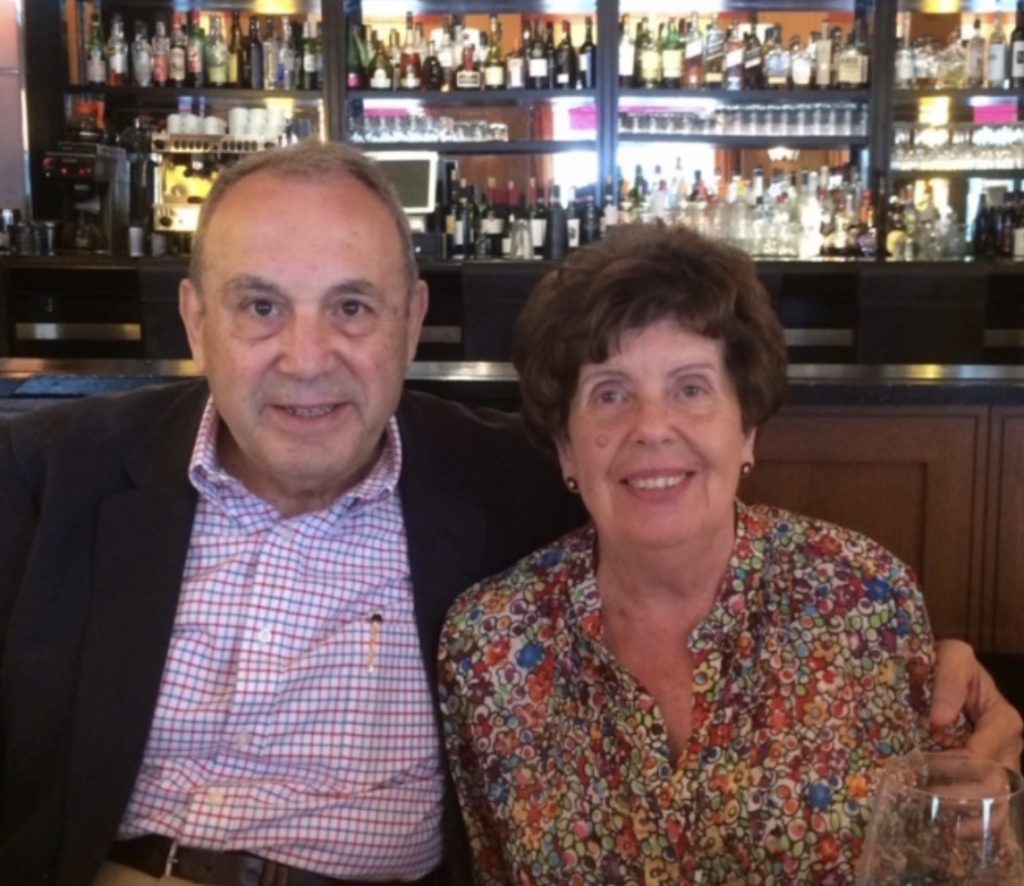
I had the assignment of moving from the (then) Loop College to our new central headquarters, in downtown Chicago, 326 West Jackson. I asked, “How do I move the school, Sal?” He replied “you will work with the Vice Chancellor of Operations, Irving Slutsky” and we moved floor-by-floor or step-by-step without a hitch.
Rotella was a great guy. He loved classical music, wine and great food. We had marvelous cultural exchanges and often talked about classical music, and jazz. He introduced me to Mozart, and I introduced him to Coltrane. One day our culturally inspired conversations changed as one of his sons discovered the blues and Tina Turner. He was so proud of his wonderful family.
I will always remember Dr. Salvador Rotella. He was correct about education and teaching. It is really the core of living a good life. He made Chicago an intellectually better place. He was transformative.
He will always be remembered as my professor and most of all as a dear friend that I met in a classroom.


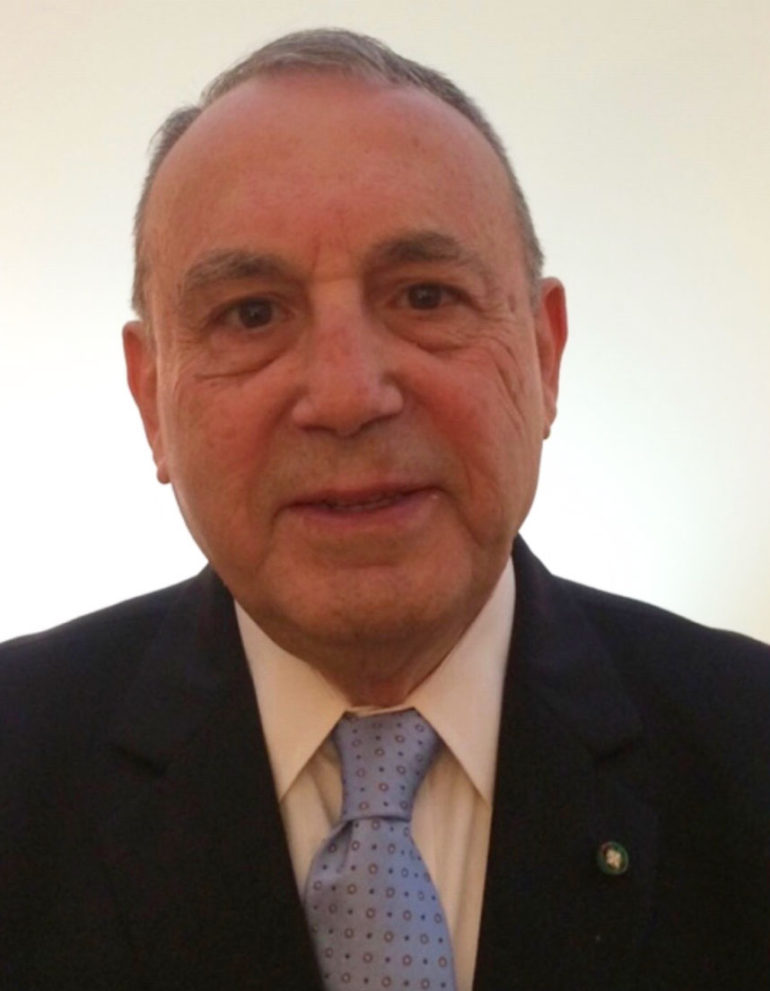

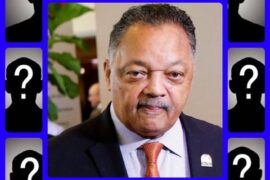
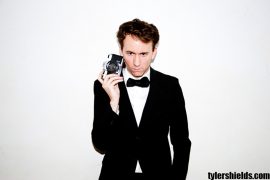
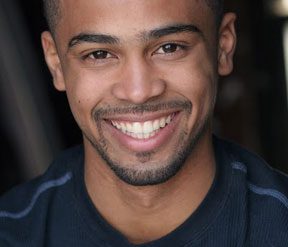
Wow! Dr. Rotella is a wonderful, astonishing, remarkable person! 😊👍
Wow! Whites don’t move to South Shore anymore. ☹️